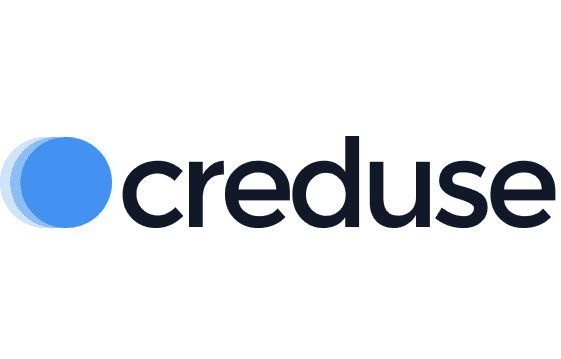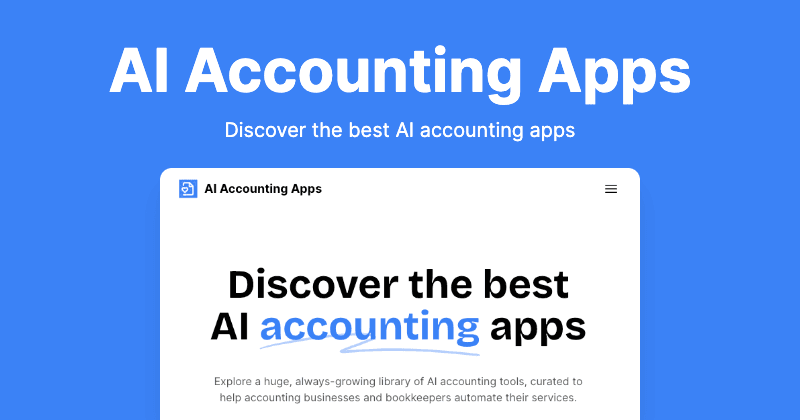Okta vs. AWS Cognito
Okta
Okta is an identity provider for organizations. It offers enterprise solutions for managing workforce and employee identities. It's HIPAA BAA and PCI compliant.
AWS Cognito
Amazon Cognito is an identity platform for web and mobile apps. It’s a user directory, an authentication server, and an authorization service for OAuth 2.0 access tokens and AWS credentials. With Amazon Cognito, you can authenticate and authorize users from the built-in user directory, from your enterprise directory, and from consumer identity providers like Google and Facebook.
| Item | Votes | Upvote |
|---|---|---|
| No pros yet, would you like to add one? | ||
| Item | Votes | Upvote |
|---|---|---|
| No cons yet, would you like to add one? | ||
| Item | Votes | Upvote |
|---|---|---|
| No pros yet, would you like to add one? | ||
| Item | Votes | Upvote |
|---|---|---|
| No cons yet, would you like to add one? | ||
Frequently Asked Questions
AWS Cognito and Okta serve different needs when it comes to user authentication. AWS Cognito is ideal for developers who want to integrate user authentication and authorization into their web and mobile apps with support for OAuth 2.0 access tokens and AWS credentials. It also supports consumer identity providers like Google and Facebook. On the other hand, Okta is more suited for enterprise solutions, offering robust workforce and employee identity management with compliance to standards like HIPAA BAA and PCI. The choice between AWS Cognito and Okta depends on whether your focus is on app-specific user authentication or comprehensive enterprise identity management.
Okta is an identity provider for organizations, offering enterprise solutions for managing workforce and employee identities. It is HIPAA BAA and PCI compliant, ensuring a high level of security and regulatory compliance.
Okta provides robust identity management services, including single sign-on (SSO), multi-factor authentication (MFA), lifecycle management, and API access management. It is designed to integrate seamlessly with various applications and services, enhancing security and user experience.
Yes, Okta is compliant with several regulatory standards, including HIPAA BAA and PCI. This ensures that it meets stringent security and privacy requirements, making it suitable for use in highly regulated industries.
Okta is commonly used across various industries, including healthcare, finance, technology, education, and government. Its compliance with regulatory standards and robust security features make it a preferred choice for organizations that require stringent identity management solutions.
Amazon Cognito is an identity platform for web and mobile apps. It serves as a user directory, an authentication server, and an authorization service for OAuth 2.0 access tokens and AWS credentials. With Amazon Cognito, you can authenticate and authorize users from the built-in user directory, from your enterprise directory, and from consumer identity providers like Google and Facebook.
Pros of AWS Cognito include its generous free tier, low price per monthly active user, and strong integration with the AWS ecosystem. These features make it a cost-effective and scalable solution for user authentication. However, some users may find the setup and configuration complex if they are not familiar with AWS services.
AWS Cognito can handle authentication from the built-in user directory, enterprise directories, and consumer identity providers like Google and Facebook. This makes it versatile for different types of applications and user bases.
Yes, AWS Cognito is suitable for large-scale applications due to its scalability and integration with the AWS ecosystem. It can handle a high number of users and provides features like multi-factor authentication and encryption for added security.
Yes, AWS Cognito integrates seamlessly with other AWS services such as AWS Lambda, Amazon API Gateway, and Amazon S3. This allows developers to build comprehensive solutions with secure user authentication and data management.




















